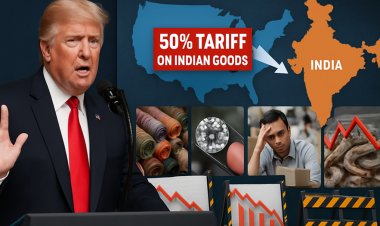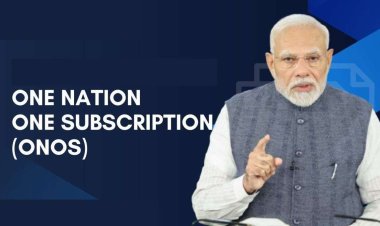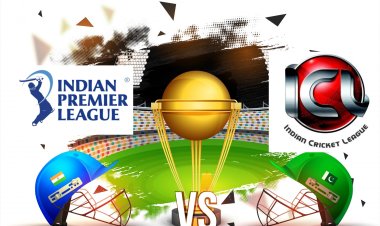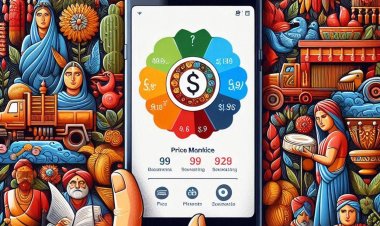Telecom Price Surge: Are Airtel and Jio's Hikes a Cause for Concern?
Explore the implications of recent price hikes by Airtel and Jio. Are these telecom service increases a cause for concern for consumers and the industry?

Airtel, Jio, and Vi have recently introduced new pricing for their mobile plans, sparking controversy. The government has since responded to the concerns about the recent tariff increases in mobile services.
Airtel, one of the largest telecommunications companies in India, recently increased the prices of its prepaid mobile plans, effective from July 3, 2024. The company stated that the price hike is aimed at increasing their average revenue per user (ARPU) and maintaining profitability while investing in network technology and spectrum.
Many users are concerned about the significant price hike across all prepaid plans, including unlimited voice plans, data-only plans, and long-term validity plans. For instance, the Basic plan, which was previously 179 rupees for 28 days with 2GB of data, has been increased to 199 rupees, marking an 11% rate increase.
Similar increases have been observed in almost all plans. This price hike has raised concerns among users as it may impact their household budgets. Other telecommunications companies like Jio and Vodafone have also announced price hikes to cope with increasing operational costs, including network management and spectrum fees. Economic factors such as inflation and intense competition within the telecom industry have also influenced these price hikes. Many people believe that the sudden price hike is indicative of companies focusing solely on competition and profits without considering user expectations.
5G Rollout Results in Increased Median Mobile Speed
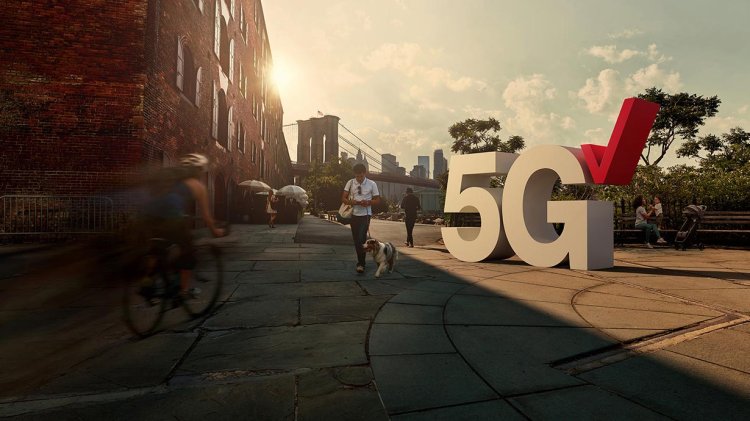
The introduction of 5G technology in India has led to a significant boost in median mobile download speeds. According to recent data, the median download speed in India has surged by 259% since the launch of 5G, jumping from 13.87 Mbps in September 2022 to 50.21 Mbps in August 2023.This remarkable improvement has propelled India up the Speedtest Global Index, moving from 119th to 47th place.
The rollout of 5G by major telecom operators like Reliance Jio and Airtel has not only enhanced speed but also improved overall user experience across various telecom circles. The increased investment in backhaul infrastructure has been a key factor in this development. Additionally, 5G Fixed Wireless Access (FWA) services have been introduced to provide broadband connectivity in areas where laying fiber is costly or impractical.
This leap in mobile speed is a testament to the transformative impact of 5G technology, positioning India as a significant player in the global mobile network landscape.
Reliance Jio and Airtel have recently discontinued their 'unlimited 5G' offerings from some of their more budget-friendly plans. As a result, mobile data users who previously met their daily data needs with these plans are now unable to do so, even though they remain on the same, albeit more expensive, plans.
In response to this change, a 'JioBoycott' trend has emerged online. Simultaneously, there's a growing movement called 'BSNLkigharwapsi,' which has garnered over 45,000 posts on X. This trend reflects a rising positive sentiment towards BSNL, the state-owned telecom company, known for its more affordable plans compared to Reliance Jio, Bharti Airtel, and Vodafone Idea. Many users on X appear willing to forgo 5G connectivity in favor of switching to BSNL.
While some individuals may benefit from the price hike, others feel that this is not the right time for such increases, especially considering the impact it may have on users' budgets. Amidst these concerns, some users are considering alternative options, such as shifting to government-owned telecommunications services like BSNL (Bharat Sanchar Nigam Limited). Although BSNL also announced a price hike, it is not as significant as those of private telecom companies like Airtel, Jio, and Vodafone.
However, BSNL has its limitations, such as a lack of innovation in consumer trends, limited expansion due to government funding and regulations, and varying customer service responsiveness compared to private telecom services.
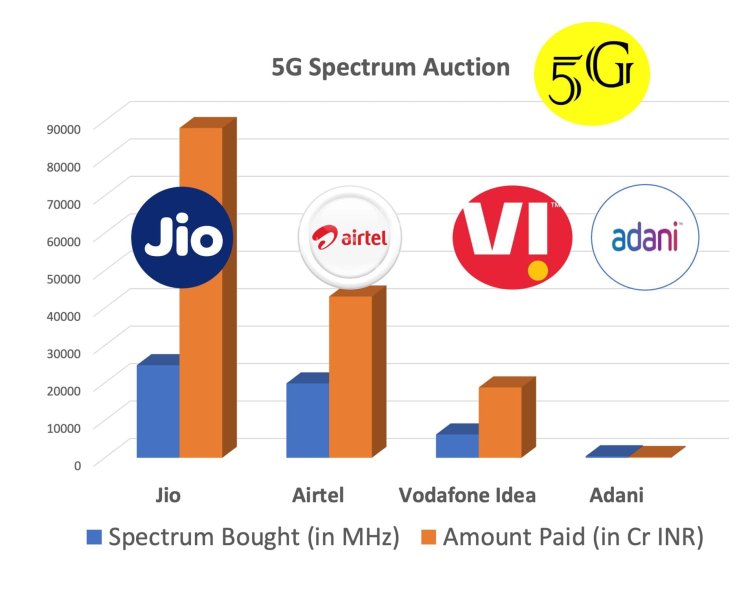
The Government does not intervene in the free market decisions as the functionality is under the domain of TRAI and tariffs are under forbearance,” it stated. “Any change in the tariff of mobile services is notified by TSPs to the TRAI, which monitors, that such changes are within the prescribed regulatory framework.
In conclusion, each telecommunication company, whether government-owned or private, has its benefits and limitations. While private companies offer a wide range of services, price hikes have become a common issue. Users are advised to focus on their budgets and choose a network based on their individual needs and financial considerations.
If this was Competition - Jio would have celebrated Airtels and Vis price increase and promptly kept its fares the same and snared many many more customers who would migrate to Jio and take bigger data plans
This is no longer Free Market Competition
This is High Grade Cartelism where a few select players all move in the same direction and control the entire market without any substantive competition.
Think of it as a Group of Mobsters dividing Mumbai between themselves and saying “Harbor hamara, Sion aur Chembur Haji Bhai ka” etc etc.
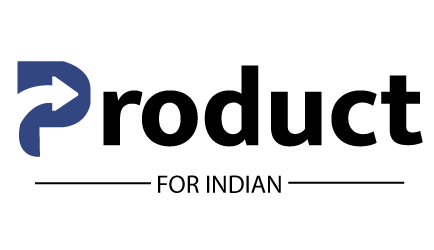
 Editor
Editor 







